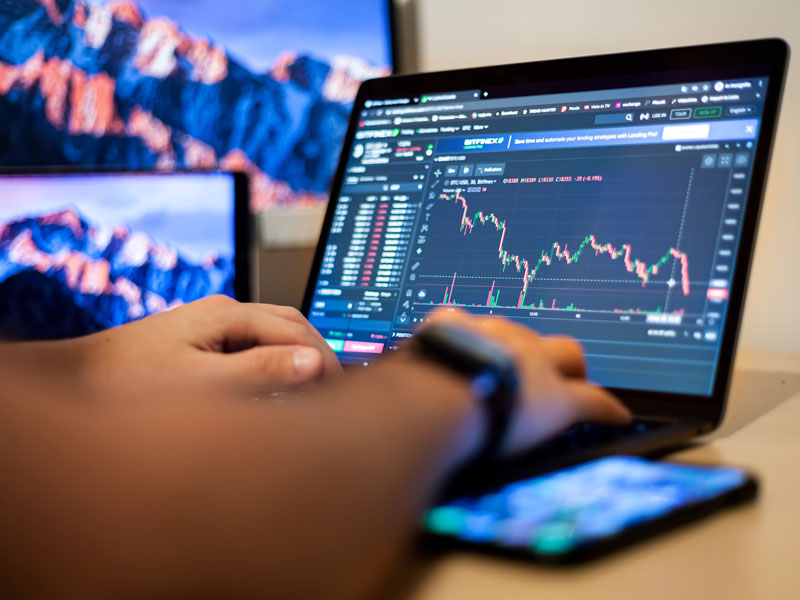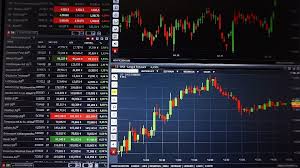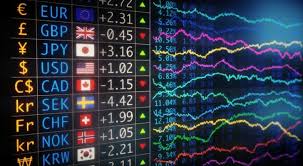Choosing the Right Forex Trading Broker A Comprehensive Guide 1798234313

When embarking on your Forex trading journey, selecting the right Forex trading broker is crucial for success in the competitive world of currency trading. With numerous options available, including forex trading brokers Global Trading Brokers, aspiring traders must consider numerous factors to ensure they make an informed choice that aligns with their trading goals.
Understanding Forex Brokers
A Forex trading broker acts as an intermediary between traders and the currency market. Brokers provide the trading platform where traders can execute buy and sell orders, access market information, and manage their accounts. Their selection can significantly impact your trading experience, fees, and even your profits.
Types of Forex Brokers
Before diving deeper into selecting a broker, it’s essential to understand the different types of brokers available in the Forex market:
- Market Maker Brokers: These brokers create their own market by quoting both buy and sell prices, often profiting from the spread. They may provide a more streamlined service for beginners, but they may also have less favorable pricing.
- ECN Brokers: Electronic Communication Network brokers link traders to liquidity providers, allowing for tighter spreads and direct market access. They are known for transparency in pricing, but may charge commissions for each trade.
- STP Brokers: Straight Through Processing brokers send orders directly to the market. They typically have lower spreads and better execution speeds compared to Market Makers.
Key Factors to Consider When Choosing a Forex Broker

When evaluating potential Forex trading brokers, consider the following essential factors:
1. Regulation and Compliance
Ensure that your broker is adequately regulated by reputable financial authorities. Regulation can vary by region, so check if the broker complies with regulators like the FCA (UK), SEC (US), ASIC (Australia), or CySEC (Cyprus). A regulated broker adheres to strict standards that protect your funds and trading activities.
2. Trading Platform
The trading platform provided by your broker will be your primary tool for executing trades, analyzing the market, and managing your portfolio. Popular platforms include MetaTrader 4 (MT4), MetaTrader 5 (MT5), and proprietary platforms. Evaluate the platform’s features, ease of use, and reliability before making a decision.
3. Fees and Spreads
Different brokers have various fee structures, including spreads, commissions, and overnight fees. Understanding how these fees work will help you calculate your trading costs effectively. Look for brokers that offer competitive spreads and transparent fee structures.
4. Available Currency Pairs
A wide variety of available currency pairs is essential for creating a diversified trading strategy. Ensure that the broker provides access to major, minor, and exotic currency pairs based on your trading interests.

5. Customer Support
Reliable customer support is crucial, especially for novice traders. Check whether the broker offers 24/5 customer support, multiple communication channels (live chat, email, phone), and supports various languages.
6. Educational Resources
For beginners, a broker that provides educational materials, webinars, and trading tools can significantly enhance their learning curve. Look for brokers that emphasize education and provide resources to improve your trading skills.
Deposits and Withdrawals
Review the deposit and withdrawal options provided by your broker. Look for brokers that offer various payment methods, such as credit cards, bank transfers, and e-wallets. Additionally, check if there are any withdrawal fees or processing times that may affect your ability to access your funds quickly.
Demo Accounts
Reputable Forex brokers offer demo accounts that allow traders to practice their strategies and get familiar with the trading platform without risking real money. Open a demo account with your broker of choice to assess their services before committing real funds.
Conclusion
Choosing the right Forex trading broker is a critical step toward achieving trading success. By considering factors such as regulation, trading platforms, fees, available currency pairs, customer support, and educational resources, traders can make an informed decision tailored to their needs. Conduct thorough research, utilize demo accounts, and remember that the broker you choose can directly impact your trading journey. Start your trading adventure today by finding the Forex broker that best meets your trading aspirations.





